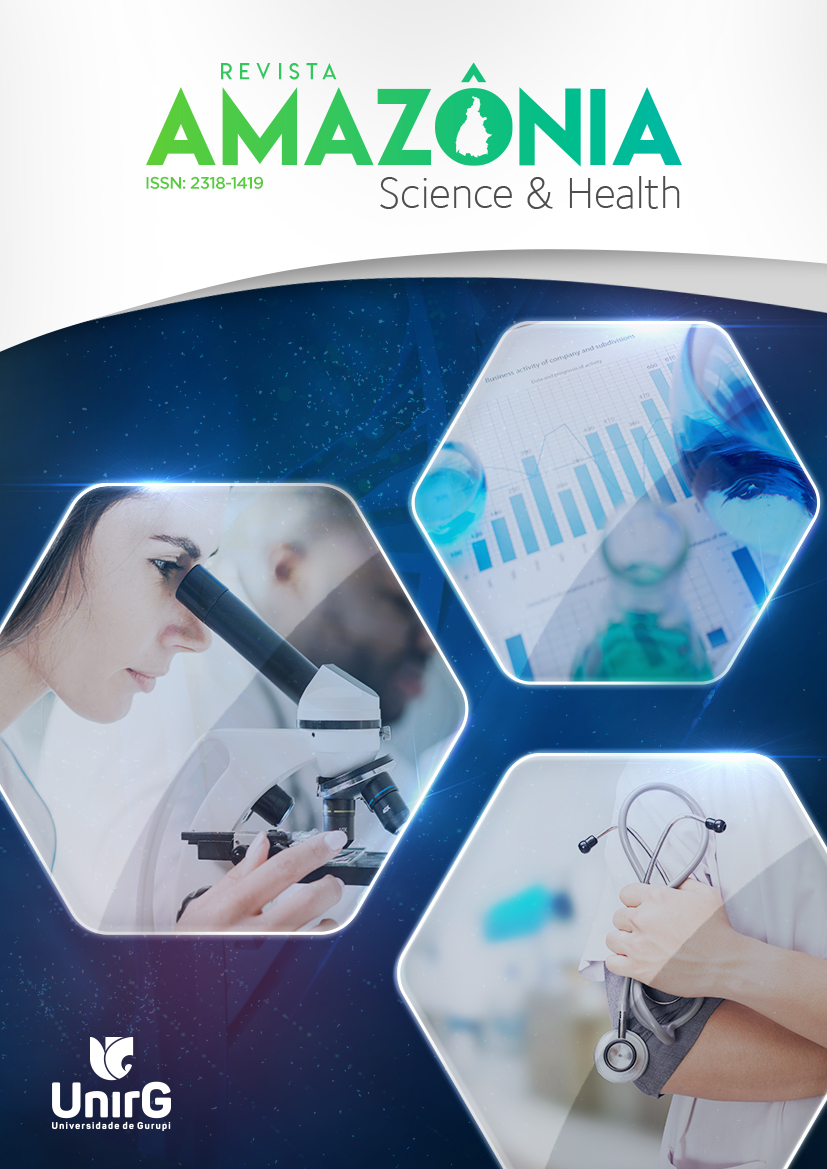Reflex of the Covid-19 pandemic on training in a Multiprofessional Residence Program in Family Health
Évelyn Farias, Solange de Fátima Reis Conterno
Abstract
Report about the perception of graduates of a Multiprofessional Residency Program in Family Health (PRMSF), about changes and impacts experienced in the training process as a result of the Covid-19 pandemic. This is a qualitative research that included graduates from the 2020 to 2022 classes, represented by nurses, dentists and social workers, who reported, through a semi-structured interview, the experiences they had in the PRMSF training process, with the COVID-19 pandemic Covid-19 frequently cited as a striking element in professional training. The pandemic was a complex event that imposed limits, but also possibilities, on the training process. Due to the health measures adopted, limits arose due to the difficulty in developing activities in a multidisciplinary team, Permanent Health Education, Health Education and conducting theoretical classes. On the other hand, the creation of the Covid-19 Call Center provided interaction between the program's residents and, among them, with the medical residents. In this way, the pandemic highlighted some previously existing weaknesses in the program and pointed to the need for greater discussions about progress in the planning and execution of actions related to the training of human resources in health.
Copyright (c) 2024 AMAZÔNIA: SCIENCE & HEALTH

This work is licensed under a Creative Commons Attribution-NonCommercial-NoDerivatives 4.0 International License.
A Revista faz uso da Licença Creative Commons Atribuição-Não Comercial-Compartilha Igual 4.0 Internacional (CC BY-NC-SA 4.0)
Maiores informações sobre a licença disponível em: https://creativecommons.org/licenses/by-nc-sa/4.0/deed.pt
- 1º Os autores cedem à Revista Amazônia: Science & Health os direitos autorais no momento em que submetem seus artigos à mesma. Os autores declaram que o artigo submetido não foi publicado, e não está sendo considerado para publicação, na íntegra ou em parte em outro periódico. Os autores assumem total responsabilidade pela originalidade do artigo, podendo incidir sobre os mesmos, eventuais encargos decorrentes de reivindicação, por parte de terceiros, em relação à autoria do artigo.
- 2º A reprodução total dos artigos da Revista em outros meios de comunicação eletrônicos de uso livre é permitida de acordo com a licença Creative Commons Atribuição-NãoComercial-CompartilhaIgual 4.0 Internacional.
- 3º Para outras situações (reprodução parcial dos artigos, impressão em meio físico, entre outras) é necessária consulta e autorização prévia do Conselho Editorial.


